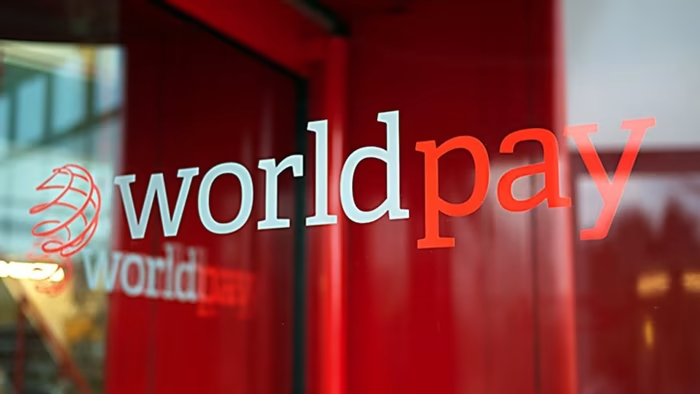Opposition parties in Zimbabwe want stricter gambling laws. They believe that the current rules are too weak and easy to ignore. They’re also worried about the growing impact of gambling on vulnerable people.
Parliamentary member Rise Mzansi recently raised the issue during a parliamentary session, urging the government to reform gambling regulations. Mzansi proposed seven key measures aimed at protecting citizens from the growing risks of online gambling. The suggestions focused on improving accountability, reducing addiction, and ensuring better protection for young people and low-income earners who are most affected by betting activities.
Different Political Views on Gambling
Zimbabwe’s political parties have different opinions about how to manage gambling in the country. The uMkhonto weSizwe (MK) party has called for a complete ban on gambling advertisements, saying that the ads encourage addiction and harm the poor. The Economic Freedom Fighters (EFF) want to limit sports sponsorships from betting companies but are not calling for a full ad ban.
The EFF also accused some political parties of accepting money from online gambling operators, claiming that most of the profits are being sent overseas instead of benefiting the local economy. EFF member Sinawo Thambo strongly criticised the link between gambling companies and sports, saying: “The fact that our football is sponsored by gambling companies is a national shame. They do not sponsor cricket, rugby or swimming, only the sport of the poor where suffering can be monetised.”
Concerns About Worker Exploitation and Offshore Ownership
Another major concern raised by lawmakers is the exploitation of casino workers. MK member Visven Reddy said that many employees in the industry face poor working conditions while foreign casino owners enjoy large profits abroad. He described the situation as modern slavery wearing a suit and a tie, adding that local workers deserve better protection and fair wages.
MK and EFF parties have demanded government action to add restrictions around gambling businesses. They believe stricter laws will help reduce addiction, stop the exploitation of workers, and prevent more money from leaving the country.
Regional Actions and Recent Policy Changes
Earlier this year, Zimbabwe introduced a rule banning police officers from entering betting shops while in uniform. The decision came after growing scrutiny of gambling laws and rising concerns over their enforcement. Critics, however, say the measure is not enough to address deeper problems within the industry.
Across Africa, more governments are tightening gambling rules. In Kenya, officials recently banned celebrities and influencers from promoting betting companies to protect young people from gambling ads.
In Zimbabwe, opposition lawmakers are urging reforms to make the gambling industry fair, transparent, and responsible, warning that without change, the country could face more social and economic problems.

 Companies
Companies 





